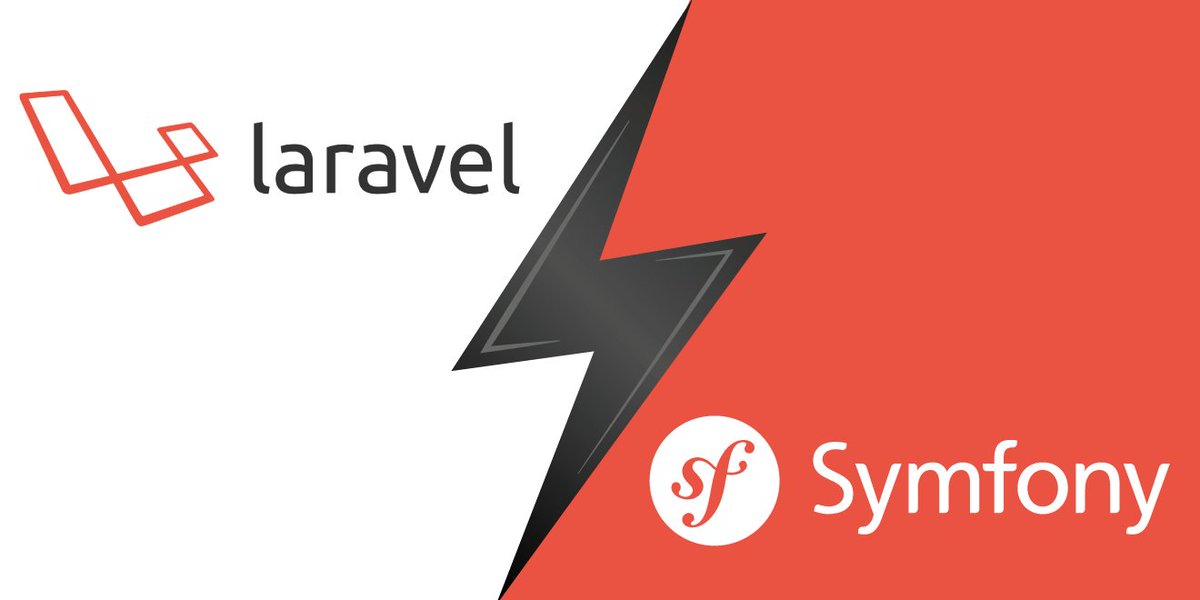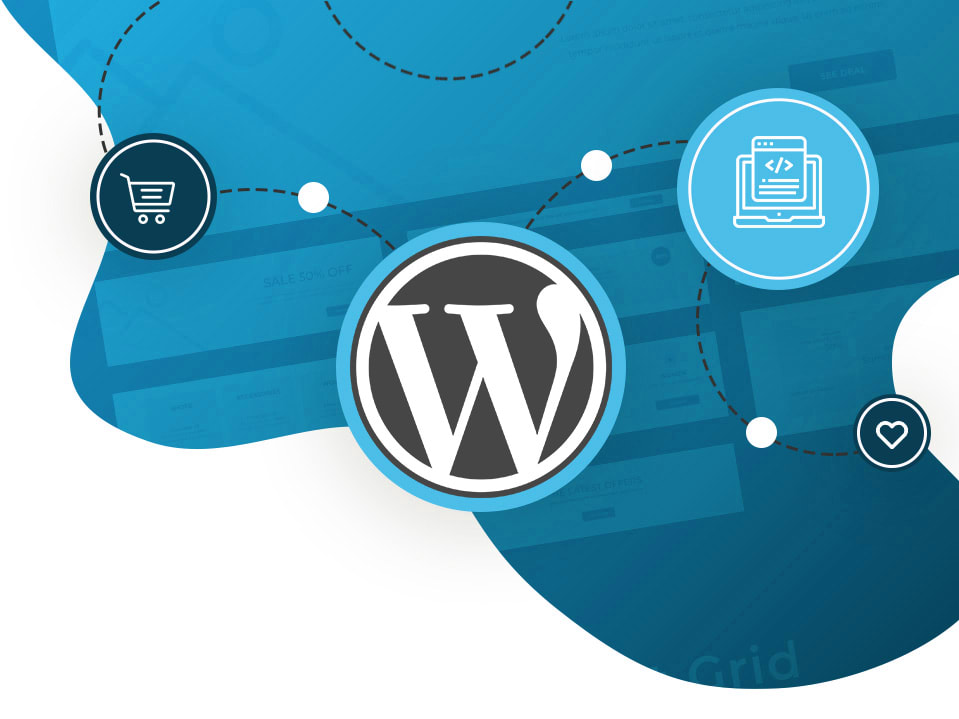When it comes to developing web apps for better business output and enhanced user experience, most developers opt for PHP frameworks. Nowadays, a common debate has been going on between two popular PHP frameworks, i.e., Laravel and Symfony. These two frameworks have grabbed both the users’ and developers’ attention due to many benefits, including speedy development, flexibility, scalability, and more.
Still, PHP developers or web development services professionals are confused about making the right choice for web development. So, if you are also sailing the same boat, this article is right for you. Let’s start with the comparison of both frameworks one by one.
What Is Laravel?
Laravel is one of the most widely used PHP frameworks having massive community support. It is just like a PHP-oriented version of Ruby core concepts. Laravel framework is best suited for small and medium-scale business applications that create a strong base for beginners. Its advanced features and functionalities make Laravel the best choice among hundreds of options. The best part about Laravel is that both experienced developers and beginners can use it for web development. So, if you have a small project, you can hire Laravel developers without thinking twice.
Advantages of Laravel for Web Development
- Routing: Reverse routing is one of the unique features of Laravel that supports the automatic propagation of changes in routes.
- Pre-Packed Tools: Facilitates the most common tasks required for developing web apps with ready-to-use packages.
- Automated Testing: Offers automated and expressive testing methods using PHP Unit while stimulating users’ behavior and taking less time.
- Templating System: Uses a templating system that offers enormous power to create complex web application layouts and format the data using easy navigation.
- Artisan CLI Automation: Laravel offers the right to automate any type of application-specific recurring task.
What Is Symfony?
Inspired by Java’s spring framework, Symfony was created by a software developer and released under MIT license. As a result, this PHP framework has the best scalability among other frameworks. Undoubtedly, Symfony is quite slow, but its consistency helps Symfony developers handle more than a million requests per second hassle-free. Furthermore, its high compatibility allows developers to use it as a library source of components rather than the overall structure.
Advantages of Symfony for Web Development
- Flexibility: Offers the flexibility to change code from the development to customizing applications and web solutions.
- Stability: Provides immense stability across different versions and lifetime support for security issues.
- Time-Saving: Symfony developers can easily code within a day due to reusable components that take up to 3 days.
- Twig Engine: Utilizes one of the most popular PHP template engines among other frameworks.
- Expandability: Symfony allows developers to leverage the preloaded version bundles to expand the functionalities.
So, this is all about both the PHP frameworks and their advantages. Now that you are aware of the frameworks, let’s deep dive into the comparison of Laravel vs. Symfony.
Laravel Vs Symfony – Choosing the Best One for Web Development
The following are the five factors that will help you define which PHP framework is best for web development – Laravel or Symfony.
1. Popularity
Most web and mobile app development company professionals choose PHP frameworks based on their popularity, but this isn’t the right approach. Undoubtedly, there are amazing benefits of using a larger-user base framework, and in that case, Laravel is the right choice. In addition, this framework follows simplicity to appeal broader range of audiences, while Symfony is best-suited for extensive and complex web applications.
2. Performance
If we talk about the old versions of both the PHP frameworks, then Laravel outplayed Symfony. But, with the advancement, Symfony has gained an upper edge. So, performance is the second most crucial factor in choosing the best framework for web development. On average, a Laravel-based website takes around 60 milliseconds to load, while Symfony-based websites take 250 milliseconds. The reason behind it is, Laravel performance only grabs the views, while Symfony gains both source code and views.
3. Scaling & Modularity
Laravel’s strengths revolve around MVC-based applications. So, if the Laravel experts stay away from the MVC paradigms, Laravel will be of no importance. On the other hand, the Symfony framework possesses a fine collection of reusable components. Using Symfony, developers organize the code neatly and handle even complex projects easily. This is why businesses prefer to opt for the Symfony framework over Laravel.
4. Database Support
The database support system is crucial as it allows developers to manage the data properly and perform multiple tasks at once. Therefore, using a perfectly developed database support system increases efficiency in business operations and reduces the development cost.
Database support for Symfony is:
- MySQL
- Oracle
- Drizzle
- SQLServer
While database support for Laravel is:
- MySQL
- PostgreSQL
- SQLite
- SQLServer
5. Maintenance
The development structure of Symfony improves the functionality and structure of web apps. Whenever website challenges occur while using Symfony, it becomes easier to maintain it with upgraded functionalities. One can also add on a new Symfony developer between the projects as it is very easy to work on. On the other hand, the maintenance of Laravel is quite expensive as compared to Symfony. So, talking about the maintenance, Symfony wins the race.
Summing Up…
From the points mentioned above, it must be quite clear to you that both Symfony and Laravel are rich in features and have their own advantages for web development. Web app developers often prefer Laravel due to its rapid development, robust speed, and excellent performance.
On the other hand, the Symfony framework is best suitable for developing complex and large-scale web apps. So, overall choosing the right framework for web development totally depends on your project’s needs and requirements. Also, you can hire dedicated developers to get assistance with the same as they will provide you with the best possible suggestion. Whatever PHP framework you choose, just make sure to choose the one with more comfortable development for your web apps. We hope you find this article useful.













Leave a Reply